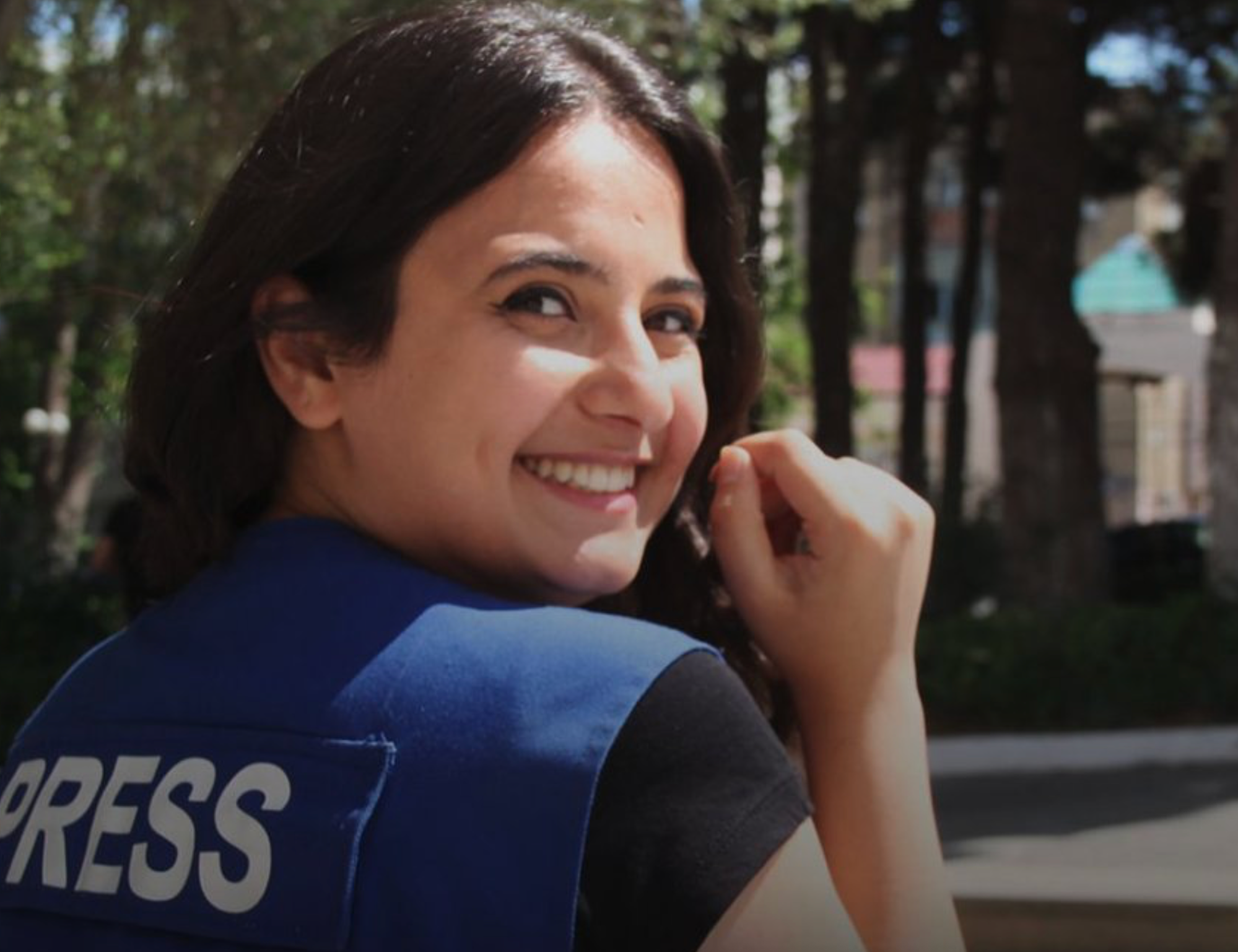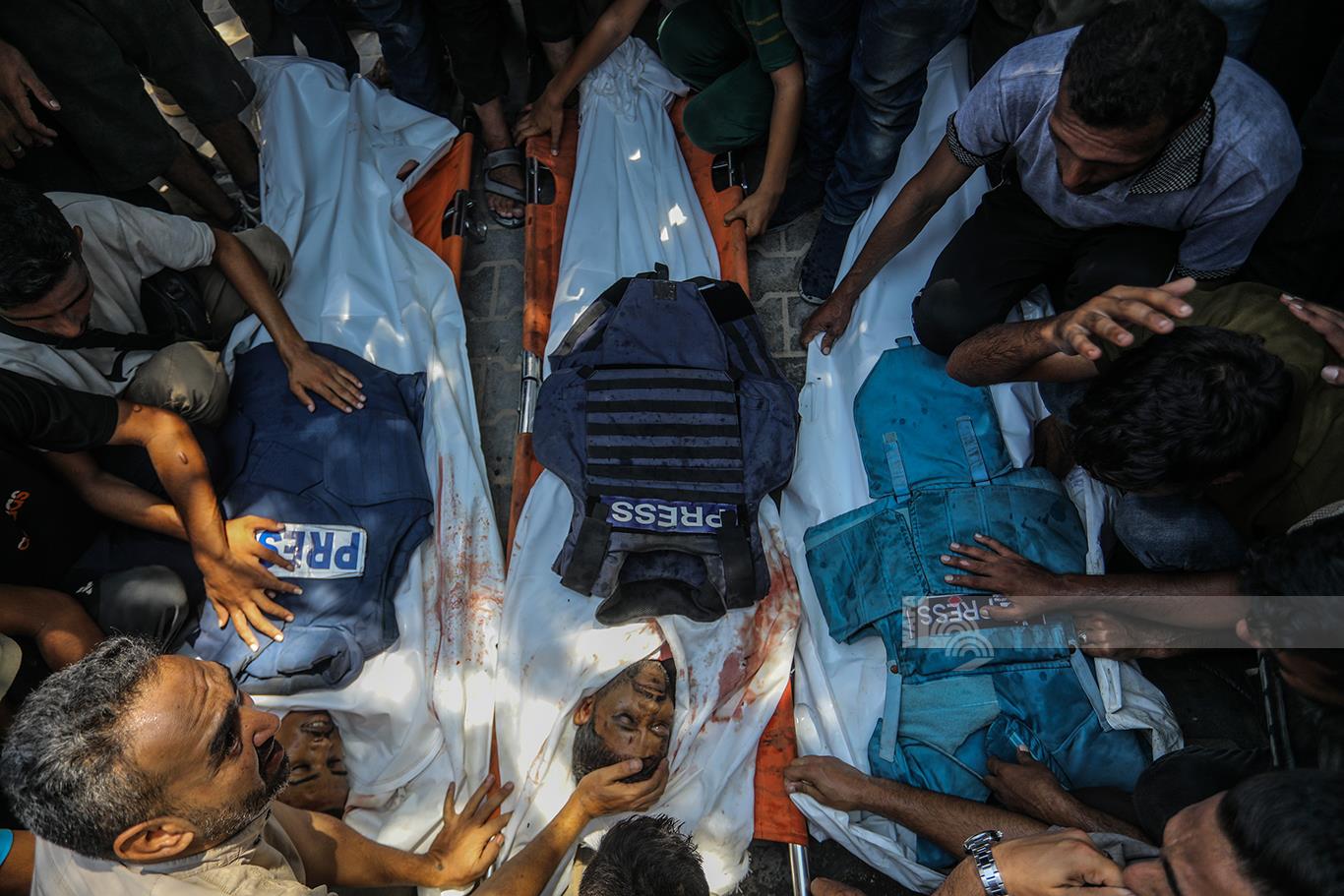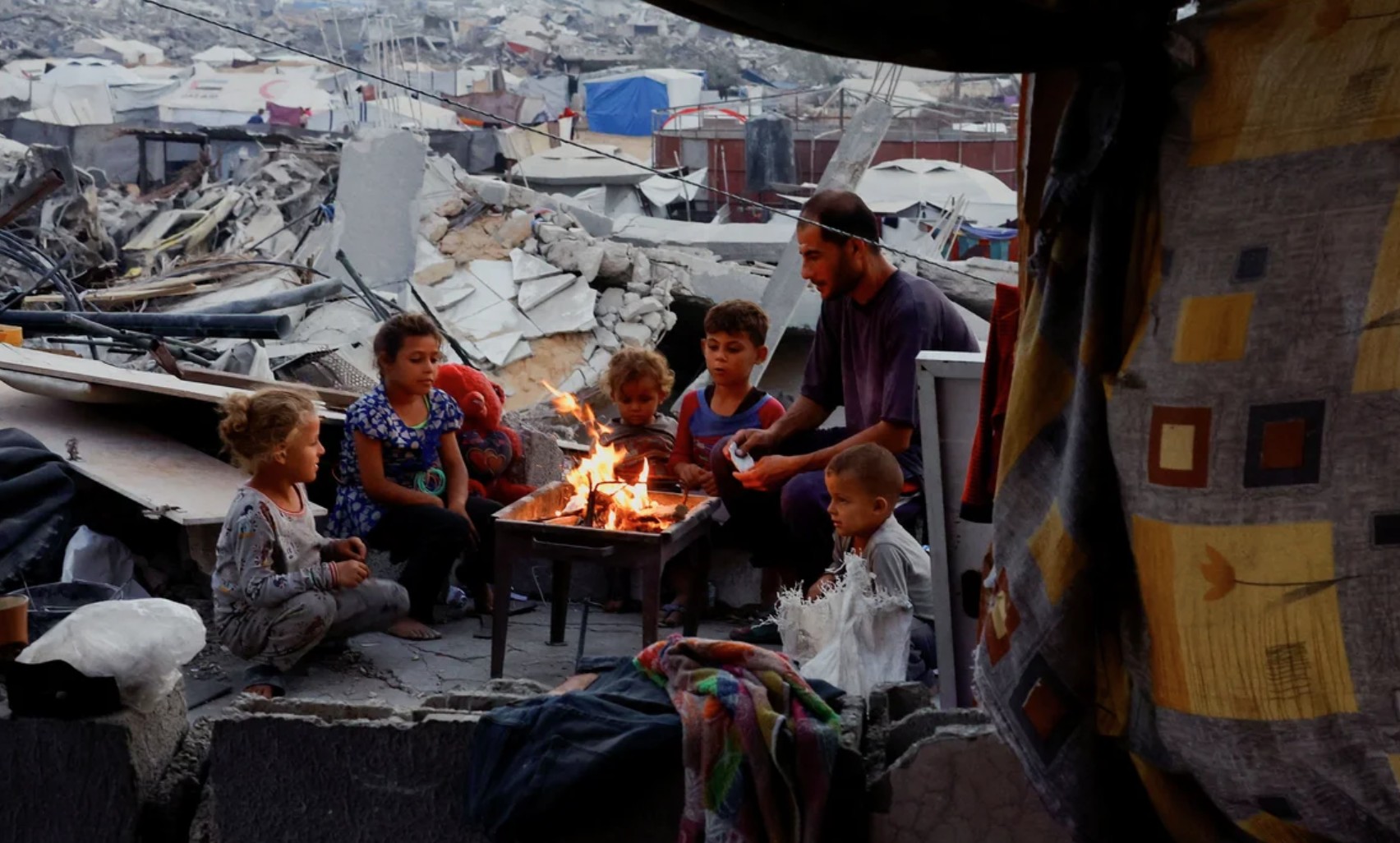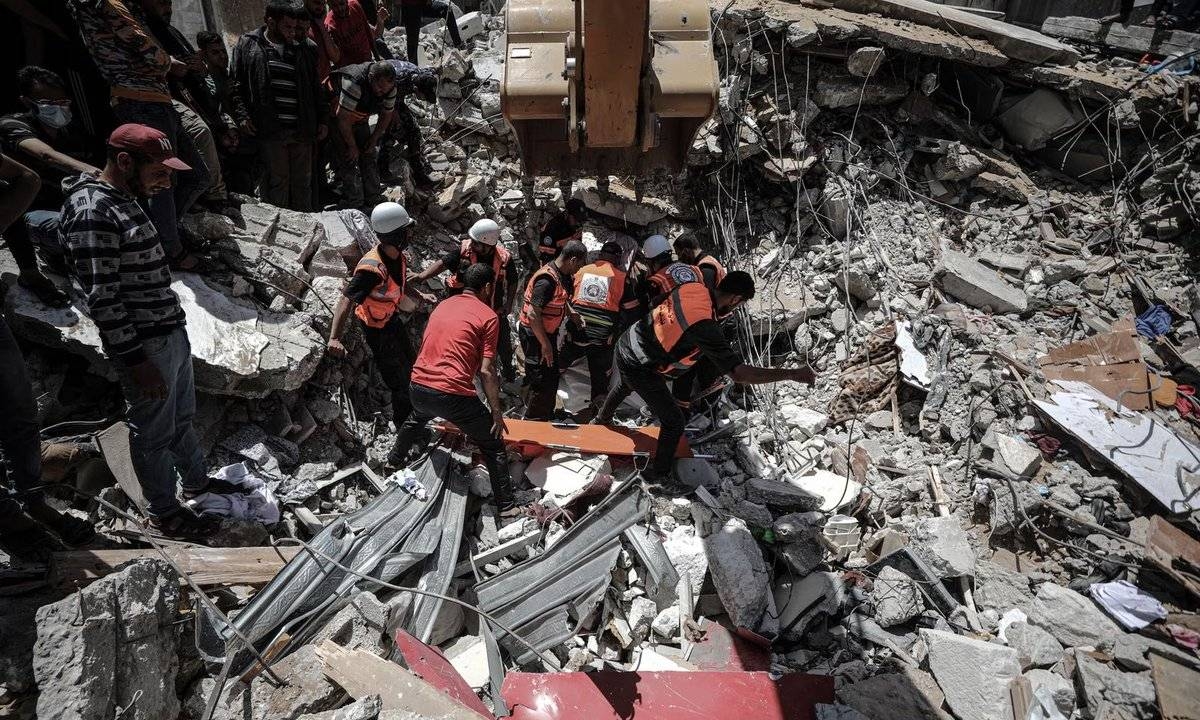
Awarding Courageous Voice to Nargiz Absalamova
November 8, 2025
Systematic Targeting of Palestinian Journalists Exposed in Gaza
November 9, 2025November 09, 2025 – Palestine –
The Israel Katz‐led Ministry of Defence in Israel has instituted a new directive restricting senior army officers from briefing journalists without first obtaining the minister’s explicit consent. According to Israeli media reports, Katz ordered the prohibition in response to recent unsanctioned interactions between military commanders and the press.
The rule applies to all officers above a specified rank, mandating that any proposed meeting with a journalist or media outlet must be communicated in advance to Katz’s office. Details required include the name of the officer, the interviewer or media organisation and the topics to be addressed. Only the official spokesperson of the Israel Defense Forces (IDF) will remain exempt from the new approval process.
According to an investigative report in the Israeli newspaper Haaretz, the directive followed an incident in which senior army officers met with journalists without prior ministerial knowledge, prompting Katz to reprimand the IDF’s media unit head.
Critics warn that the move may undermine press freedom and reduce transparency around military operations. They note that by centralising control of access to information, the ministry is likely to favour tightly managed narratives over independent reporting from the field. Under the new arrangement, media outlets covering defence or operational affairs may find fewer opportunities for direct engagement with officers, thereby limiting diverse perspectives.
Supporters of the policy argue that the shift is necessary to safeguard operational security—especially given the ongoing conflict environment. They maintain that having a single approval gate ensures messaging consistency and prevents inadvertent disclosures of sensitive information. Nonetheless, the timing of the directive has heightened concern among journalism advocacy groups, who say it comes amid escalating tension between the military, the government and the press.
Unless notably narrowed or accompanied by clearer safeguards for journalistic access, the new policy may deepen media-military friction in Israel and further restrict frontline coverage of defence matters.
Reference –




